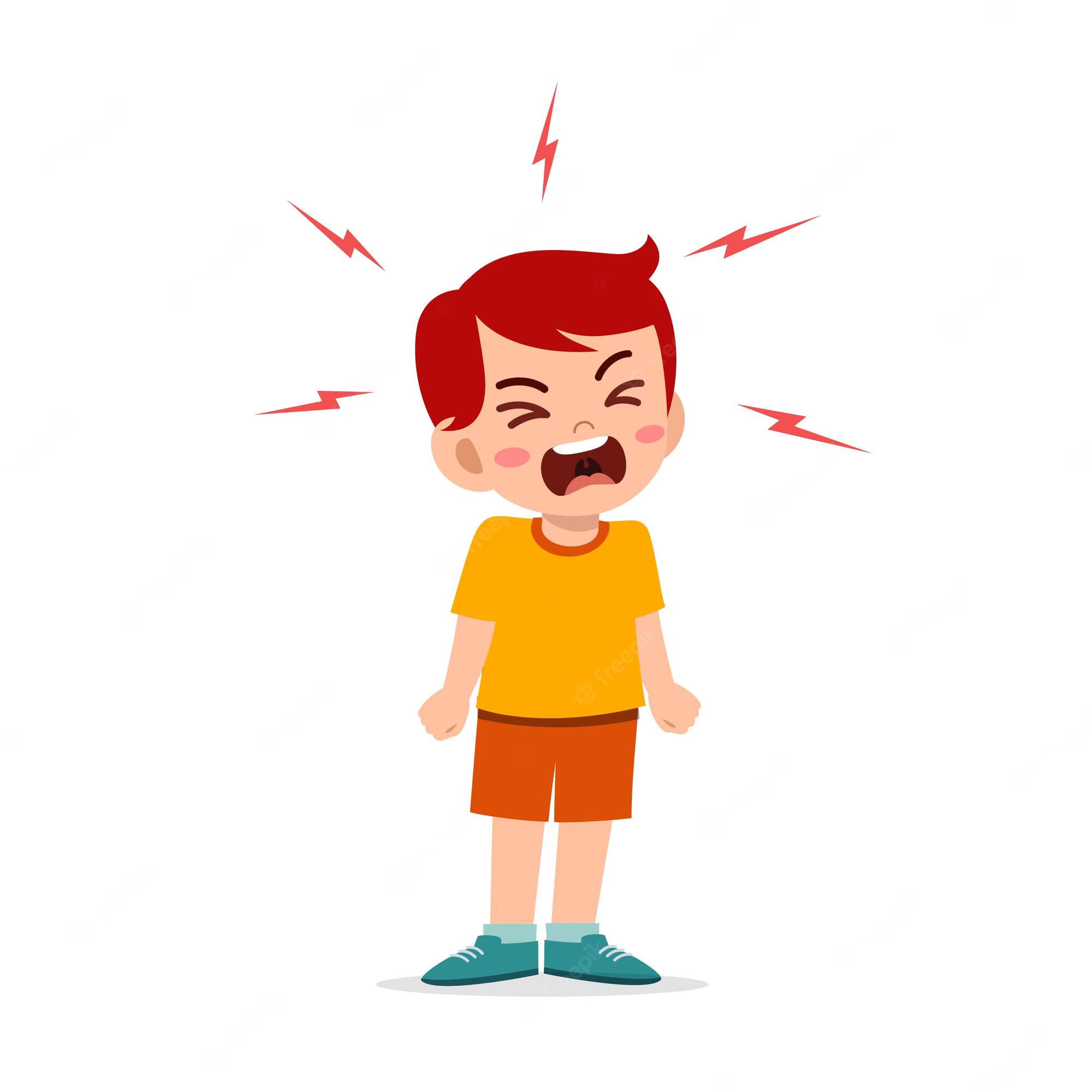
Anger issues in kids refer to difficulties children may have in effectively managing and expressing their anger. While it’s normal for children to experience anger, these issues arise when it becomes a recurring and problematic pattern. Children with anger issues may display intense and frequent outbursts, have trouble calming down, use aggressive behavior or language, and find it challenging to handle frustration. These issues can impact their daily lives, relationships, and overall well-being.
Is anger issues in kids Genetic?
While anger issues in kids can have genetic components, they are not solely determined by genetics. Genetic factors can play a role in a child’s predisposition to certain emotional traits, including anger and impulsivity. However, genetics interact with environmental, familial, and psychological factors in complex ways. In essence, while genetics can influence a child’s temperament and emotional tendencies, they are just one piece of the puzzle.
What are the signs of anger issues in kids?
If anyone is experiencing anger issues in kids, finding a “Psychologist near me” can provide valuable assistance in the healing process. Here are common signs of anger issues in kids:
- Frequent Temper Tantrums: Children with anger issues often have more frequent and intense temper tantrums than their peers, which may include screaming, kicking, or hitting.
- Overreacting to Minor Frustrations: They may respond with excessive anger to seemingly minor problems or disappointments.
- Physical Aggression: Engaging in physical aggression, such as hitting, biting, or pushing others, is a common sign of anger issues in children.
- Verbal Aggression: Using aggressive language, name-calling, or shouting during conflicts or disagreements.
- Difficulty Calming Down: Children with anger issues may struggle to calm themselves after becoming angry and may take a long time to return to a stable emotional state.
- Chronic Irritability: Displaying a consistently irritable or grumpy mood, even in situations that typically wouldn’t provoke anger.
- Hostility Towards Authority Figures: Arguing with parents, teachers, or other authority figures, and defying rules and instructions.
- Low Frustration Tolerance: Becoming easily frustrated, agitated, or impatient when things don’t go their way or when they encounter challenges.
- Social Isolation: Trouble forming and maintaining healthy relationships with peers, as others may avoid them due to their behavior.
If anyone is struggling with anger issues in kids, consider seeking help from an “Online counsellor” to support the healing process. However, when these signs become a consistent pattern and interfere with a child’s daily life and well-being, it may indicate underlying anger issues that need attention.
What causes anger issues in kids?
Anger issues in kids can arise from a combination of genetic, environmental, and psychological factors. Here are some common factors that can contribute to anger issues in kids:
- Genetics: Some children may have a genetic predisposition to be more prone to anger or impulsivity. Family history of emotional or behavioral issues can play a role.
- Family Environment: A dysfunctional family environment, characterized by inconsistent discipline, neglect, abuse, or high levels of conflict, can contribute to anger issues in children.
- Modeling Behavior: Children often learn by observing the behavior of their parents or caregivers. If they witness aggressive or poorly managed anger in adults, they may mimic these patterns.
- Communication Difficulties: Children who struggle with expressing their thoughts and feelings may resort to anger as a way to communicate their needs or frustrations.
- Stress and Anxiety: High levels of stress, anxiety, or fear can trigger anger in children. They may use anger as a defense mechanism to cope with these emotions.
- Trauma and Abuse: Children who have experienced trauma or abuse, whether physical, emotional, or sexual, may develop anger issues as a response to their past experiences.
- Emotional Regulation: Some children may have difficulties regulating their emotions, making it challenging for them to manage anger effectively.
- Learning Disabilities or Developmental Disorders: Children with learning disabilities or developmental disorders such as ADHD may be more prone to frustration, which can lead to anger issues.
- Lack of Coping Skills: Children who haven’t learned healthy coping mechanisms for dealing with stress, disappointment, or frustration may resort to anger as their primary way of responding to challenges.
- Biological Factors: Brain chemistry and neurological factors can also play a role in how a child manages and expresses anger.
Conclusion
It’s essential to recognize that anger issues in kids are often a result of a combination of these factors. Early intervention and a supportive environment can help children develop healthier ways of managing their emotions and behaviors.

